Publications
Special Publication, December 22, 2021
The specific issue of the cognitive campaign in the digital age arose in connection with the events of May 2020, especially during Operation Guardian of the Walls, but it is a larger issue of increasing importance, given the nature of Israel’s military conflicts today. This issue combines various elements, including the perception of victory in a military conflict, the changing theaters in military conflicts, and the increasing relative importance of the cognitive, media, and social media arenas. Has the perception of victory become solely cognitive? Does victory belong to those who have declared it? Is it possible to talk about victory without relating to the cognitive element? Feelings and perceptions regarding these aspects play a central role in shaping the Israeli reality. This article discusses these perceptions from the perspective of the Israeli public, based on findings from a public opinion study conducted by the Institute for National Security Studies (INSS) in October 2021. The study was carried out among a representative sample of the adult population of Israel (age 18 and up) and included some 800 participants. Its main findings are presented here.
The Perception of Victory and Attitudes toward Military Conflict
Against the backdrop of the discourse on the perception of victory, the public was asked how it perceives victory in military conflicts. The study found that the majority of the public (59 percent) thinks that Israel did not win in Operation Guardian of the Walls; 44 percent answered that neither side won, and 15 percent answered that both sides lost. Only a third of the public thought that Israel won (Figure 1). Similar feelings emerged regarding the Second Lebanon War and Operation Protective Edge – both at the end of the respective military campaigns and over the years. The issue of the perception of victory in retrospect is important, as what remains in the public consciousness regarding the previous campaign can affect cognition vis-à-vis the next campaign. Indeed, despite the sense of disappointment at the results of the military conflicts, most of the public thought that Operation Guardian of the Walls was justified (80 percent of the general population and 90 percent of the Jewish population), similar to the public sentiment regarding previous operations.
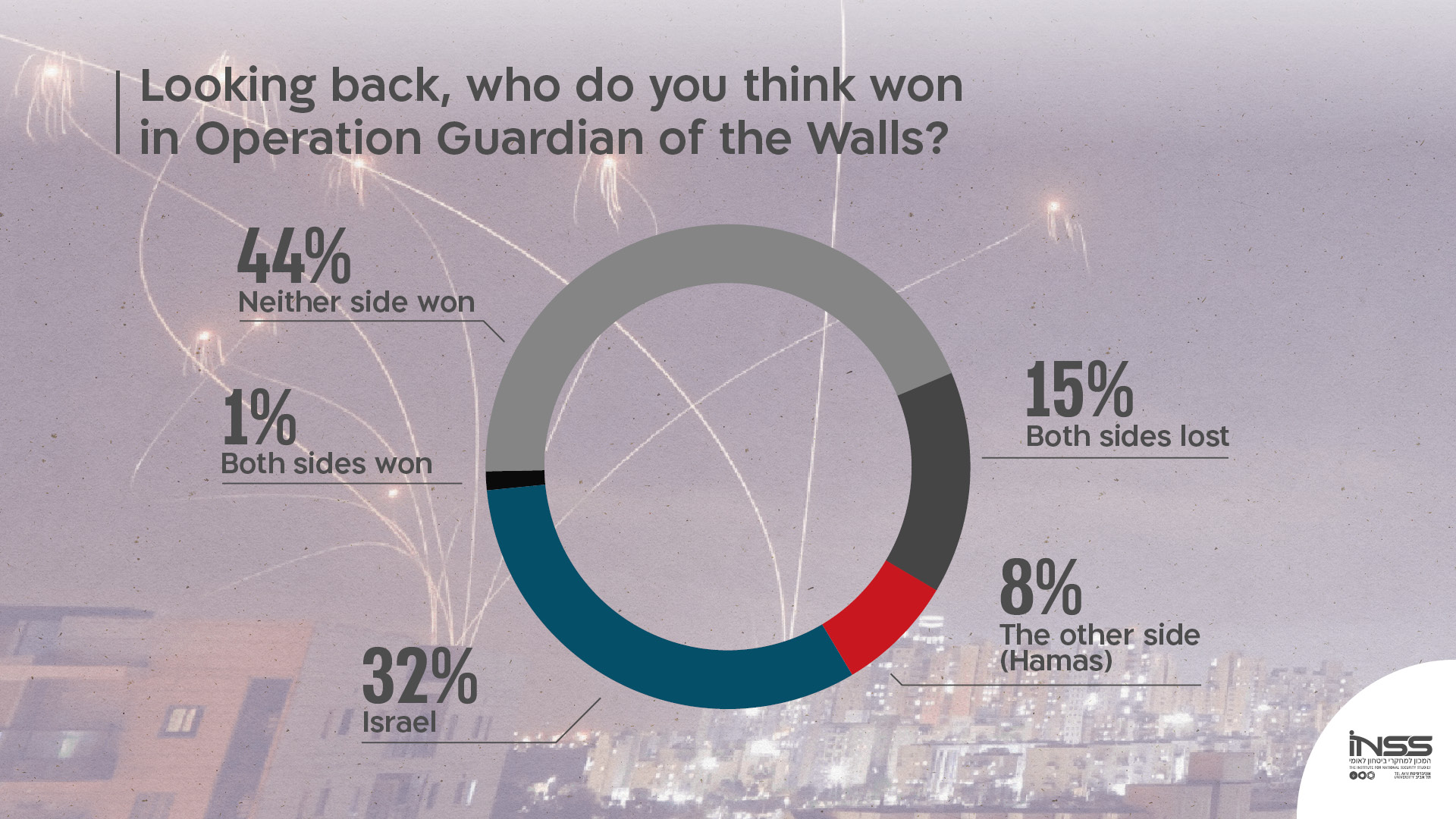
Figure 1: Perception of Victory in Operation Guardian of the Walls, October 2021
In fact, a pattern emerges in the public opinion studies conducted by INSS. Before the military conflict, Israelis are quite convinced of Israel's victory and feel very confident in the country's capabilities. In contrast, after the end of the conflict there is a sense of bitterness and dissatisfaction that stems in part from the gap, which is not unequivocal, between the expectation of Israel's success in the campaign and the result in practice. The study also showed (Figure 2) that in the eyes of Israelis, military victory is seen in terms of "relative quiet." In answering what is the most important factor for Israel's victory in a military conflict such as Operation Guardian of the Walls, for the public the most important factor is a prolonged period of military calm, followed by – and at a considerable gap – few casualties on the Israeli side (civilians/soldiers). This contrasts with the perception in the media and among the leadership in Israel regarding the price that Israelis are willing to pay in casualties. Other factors, such as a high number of casualties and damage on the other side, and international media and public opinion support for Israel, are seen by the public as marginal. Control of enemy territory is a factor at the bottom of the public's priorities, and this helps illustrate how much this factor belongs to outmoded discourse. Even minimal harm to daily life during the fighting did not receive much support. It therefore seems that it is clear to the public that another military campaign is only a matter of time; it is not a question of “if,” but “when” it will break out. It may be that for "relative quiet," the public is even willing to pay a price in terms of disruption of its daily routine.
In this context, people were asked what was the central military conflict arena, specifically in Operation Guardian of the Walls. In the past the answer was obvious, but over the years there has been an expansion of the theaters comprising the military conflicts, and they have gone beyond the classic arena of warfare. It seems that Israelis are aware of these changes, because only a fifth of the public responded that they think that the physical combat arena was the central one in Operation Guardian of the Walls. The remaining responses were divided among the political arena, the international arena, the media, and social media, as central theaters of the military conflict (Figure 3).
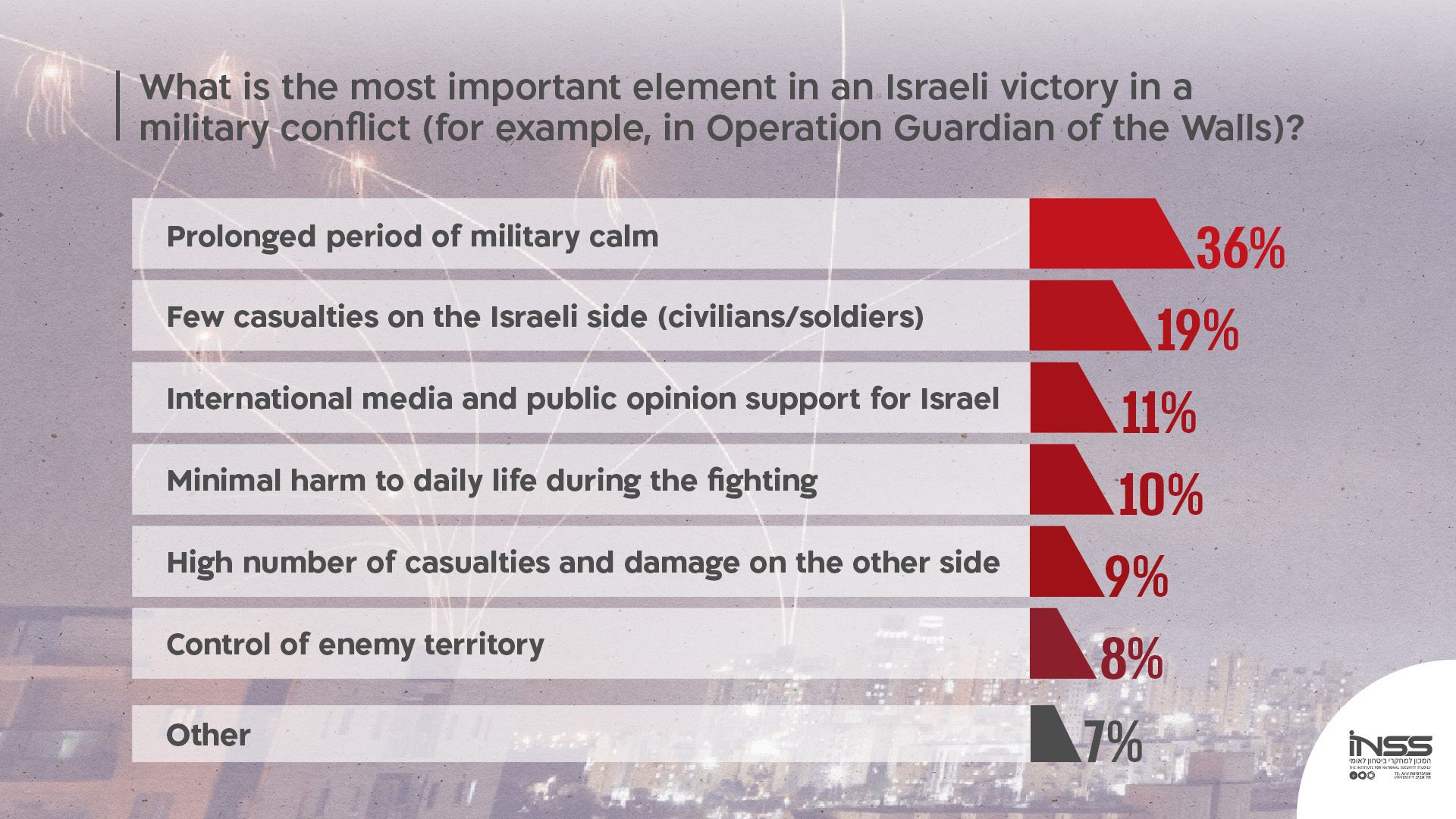
Figure 2: The most important element for victory in a military conflict, October 2021
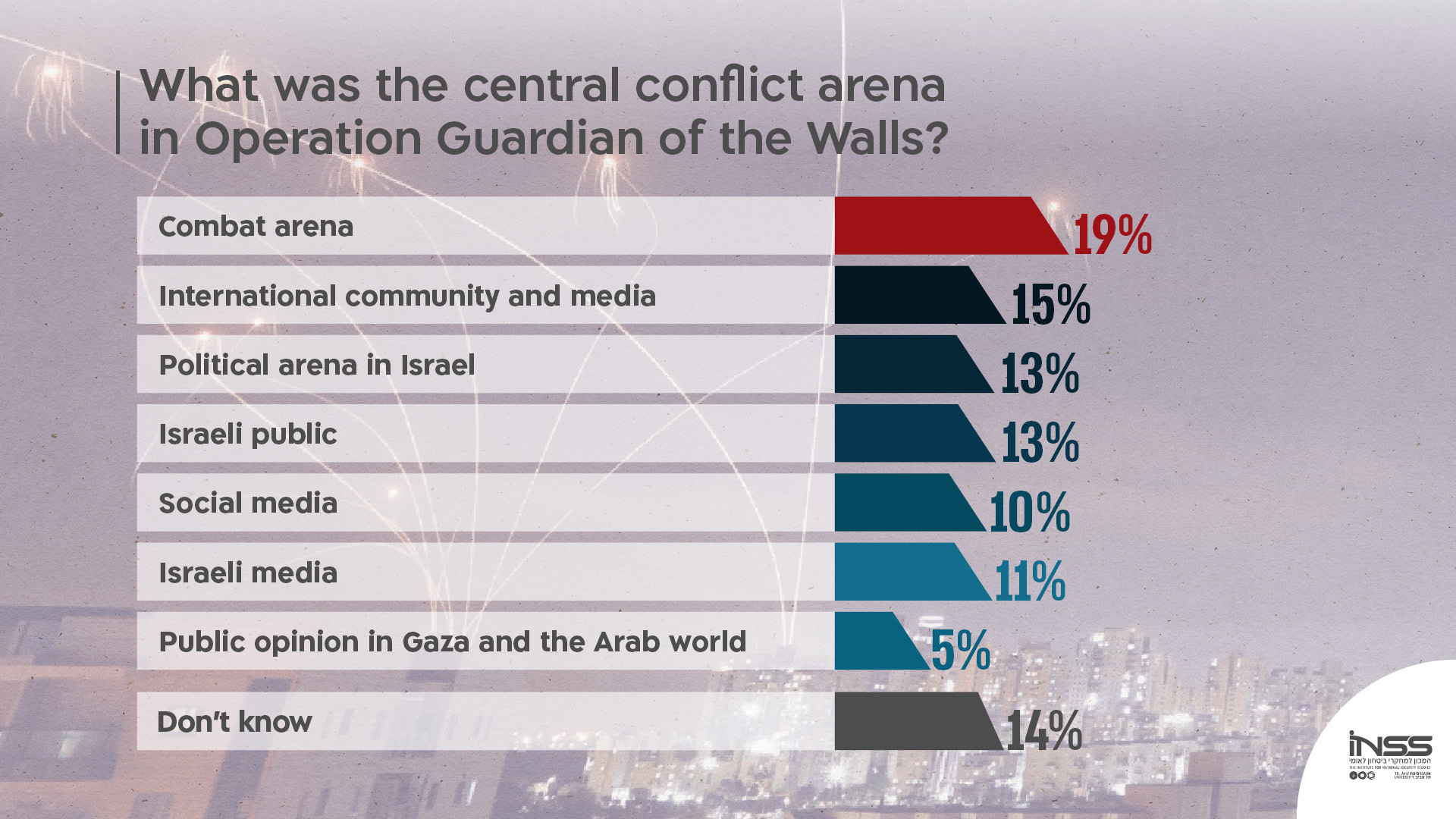
Figure 3: The central conflict arena in Operation Guardian of the Walls, October 2021
The question of victory at the present time, at least in the eyes of the public, is a question in which the cognitive element holds a central place. Therefore, there is great importance to the narrative of winning and losing, and in this context, the central role of the traditional media and social media. That said, 80 percent of the respondents expressed support for the use of censorship in Israel (Figure 4). Furthermore, a significant portion of the public supported Israel's policy of ambiguity, whereby over the years Israel has refrained from publicly revealing the details of its military activities. In response to the question regarding the change to Israel's policy of ambiguity, whereby Israel has started to take public responsibility for its military actions, 45 percent of the respondents answered that the change harms the country's security, while 32 percent responded that the change contributes to security. The rest responded that they don't know (Figure 5). This raises the question of whether Israelis understand that not speaking delivers a strong statement, tells a story through silence, and contributes to the narrative of mystery of Israel as a small country with capabilities that go beyond its physical size.
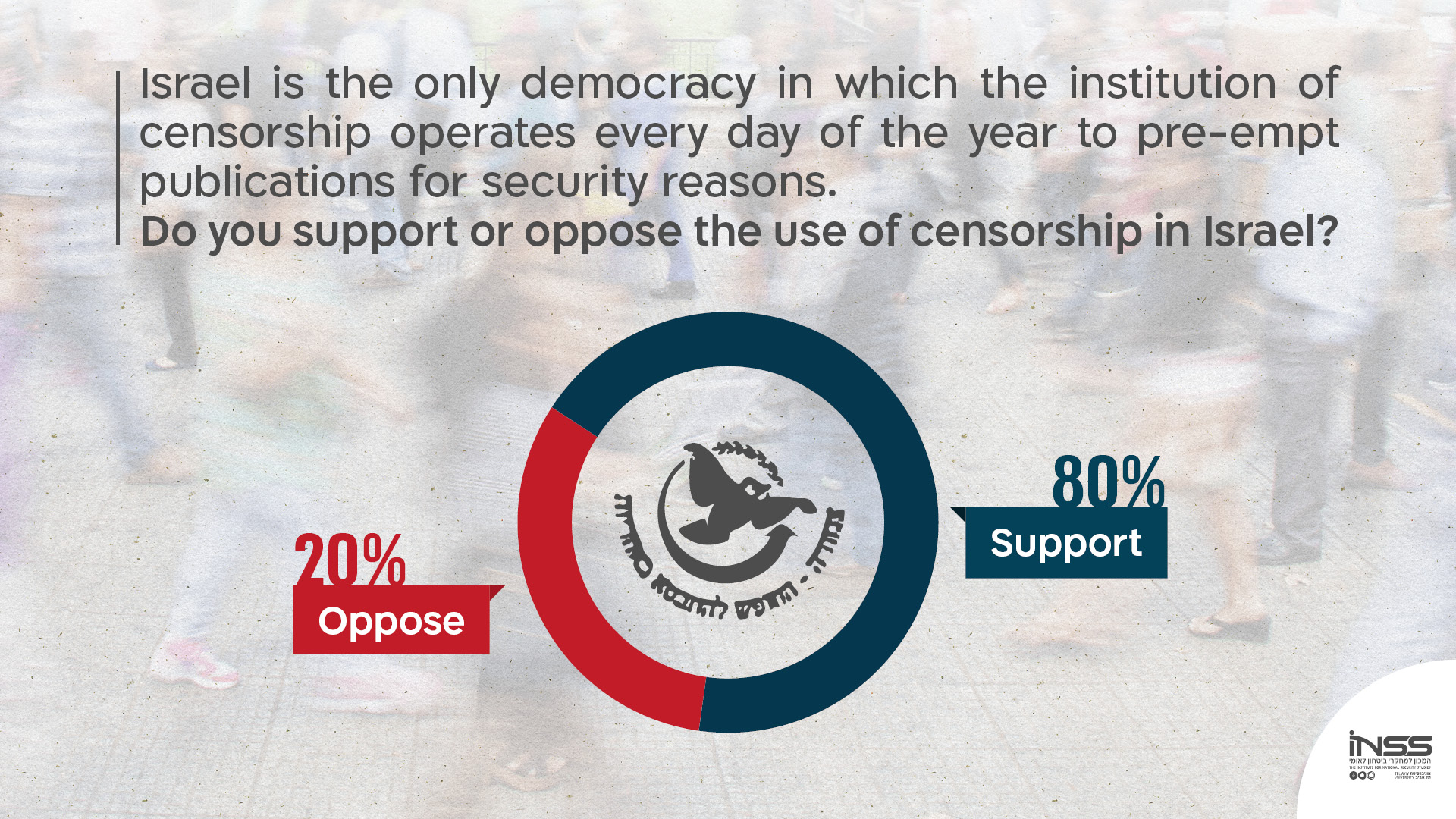
Figure 4: Support / opposition to censorship in Israel, October 2021
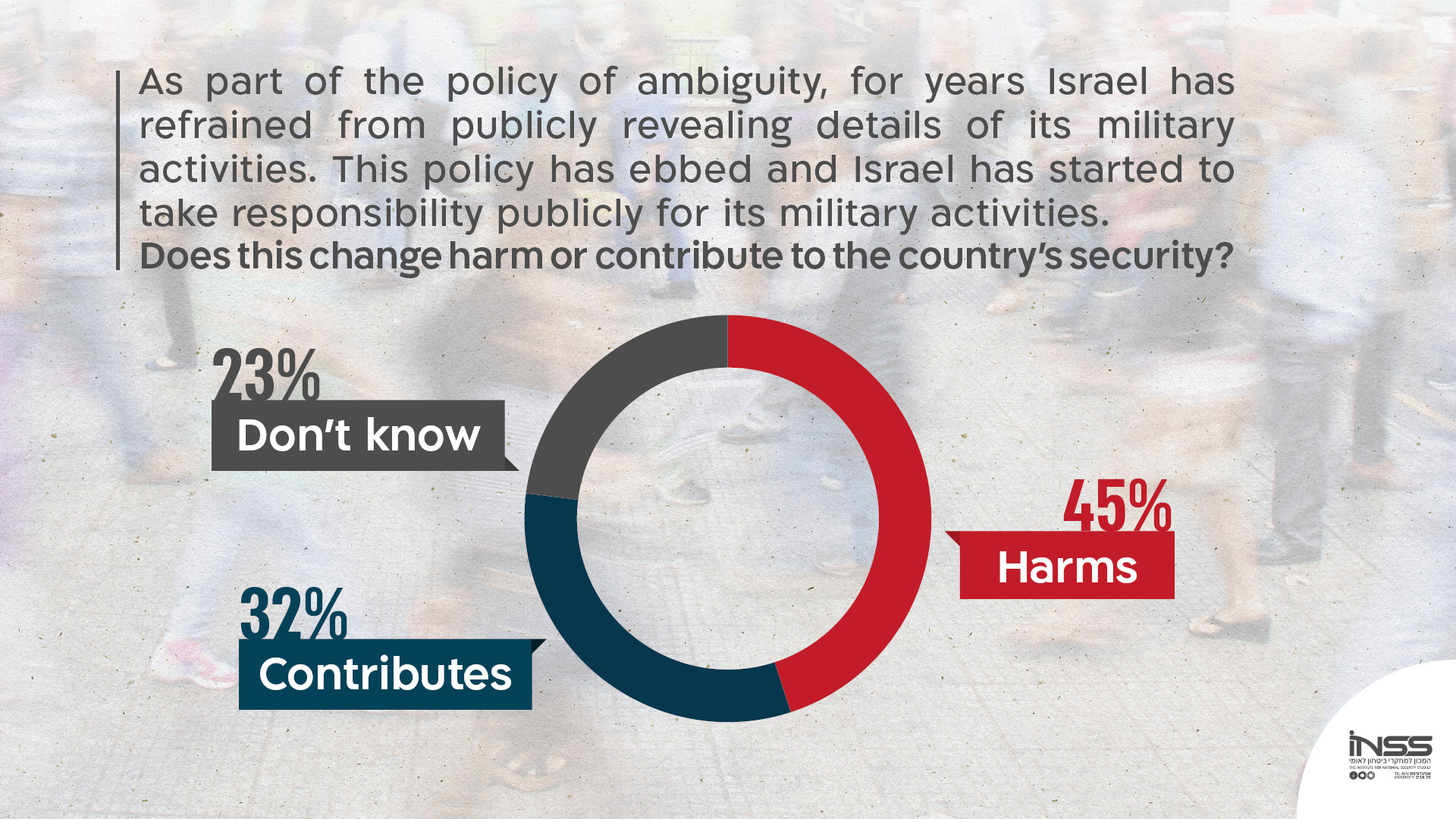
Figure 5: Does the change in Israel's policy of ambiguity harm or contribute to the country's security? October 2021
The Role of the Media and Social Media in Security Issues
Similar to the findings of studies conducted by INSS over the past few years, social media and television are the types of media that most influence the worldview of Israelis. Among the Jewish population, television is the most influential, while among the Arab population, it is social media (Figure 6). Of the social media, the platform most used for the purpose of receiving updates on political-security issues is Facebook (Figure 7). The responses to another question show that bullying and expressions of hate are the phenomena on social media that are most worrying for the public. Only a negligible minority is not worried at all about social media, and this concerns crosses sectors (Figure 8). Nonetheless, close to a quarter of the respondents thought that content should not be removed from social media. The rest, i.e., the vast majority (78 percent), were in favor of some supervision, with a significant portion preferring that it be done by an official body in the Israeli government, which would decide whether to remove content from social media. This preference is supported more by those who associate themselves with the political right in Israel than with the center or left.
A fifth of the public stated that none of the types of media influence their worldview, and a quarter responded that they do not use social media to receive updates on diplomatic and military affairs. Perhaps this implies that parts of the public have disconnected from the media out of dissatisfaction. This is related to the public's perception of media coverage in Israel. As can be seen in Figure 9, the public is divided regarding the way the media covers security and military affairs. While the majority of the public think that the media's coverage is reliable and patriotic (55-57 percent), opinions are divided regarding objective and balanced coverage – 46-47 percent responded that coverage is objective and balanced (Figure 9).
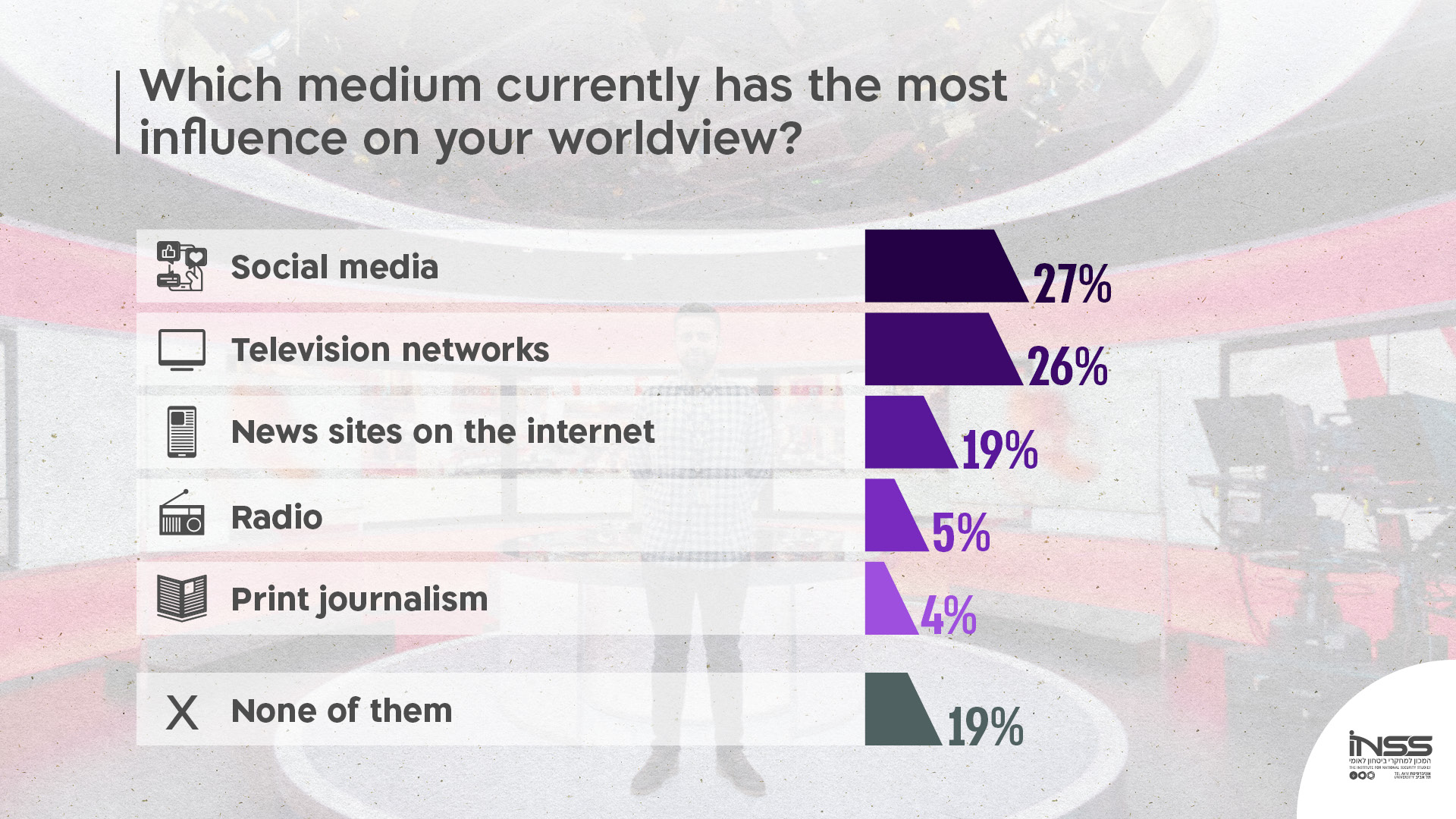
Figure 6: The medium that has the most influence on your worldview, October 2021
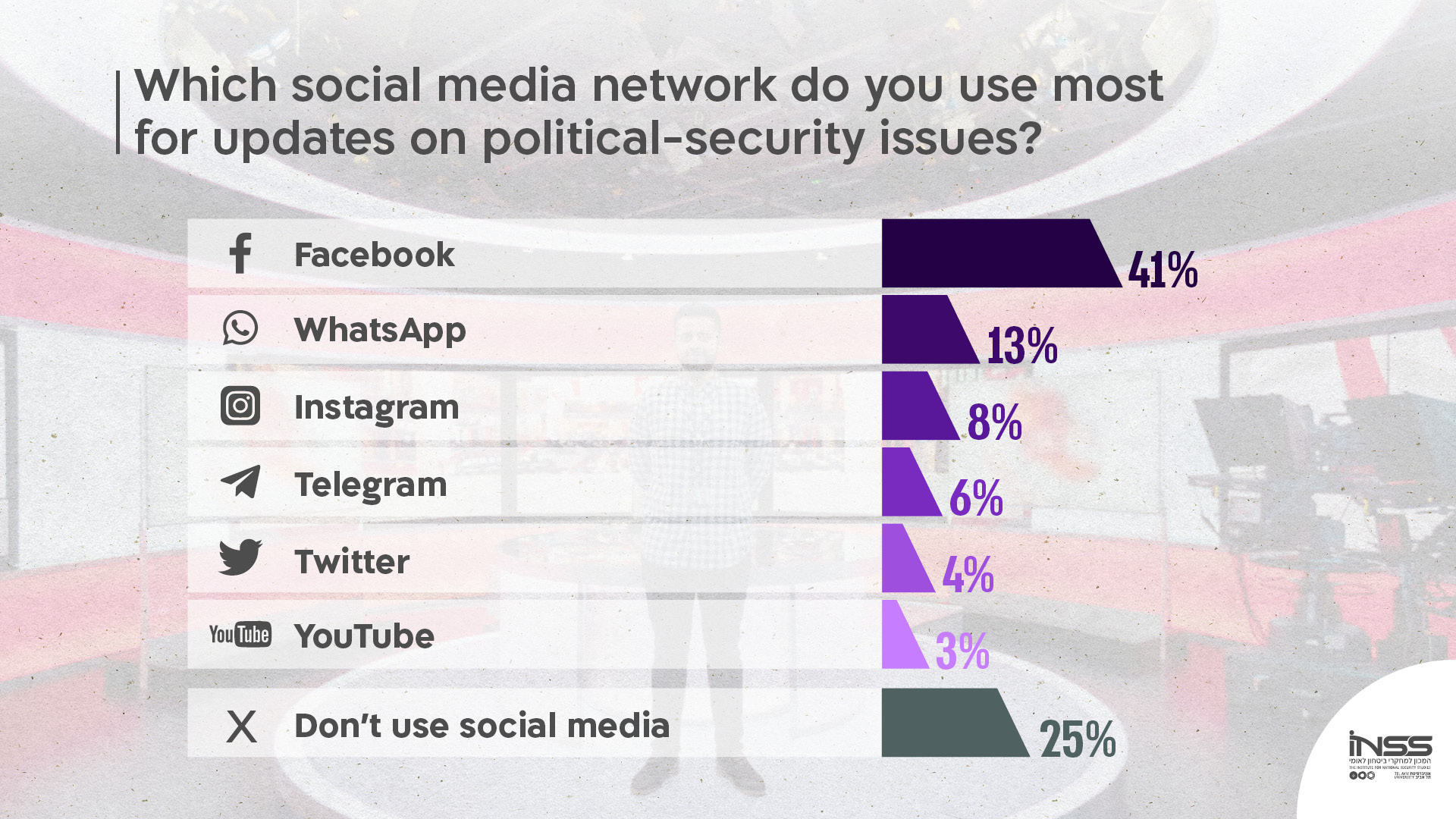
Figure 7: The social media network most used to receive updates on political-security issues, October 2021
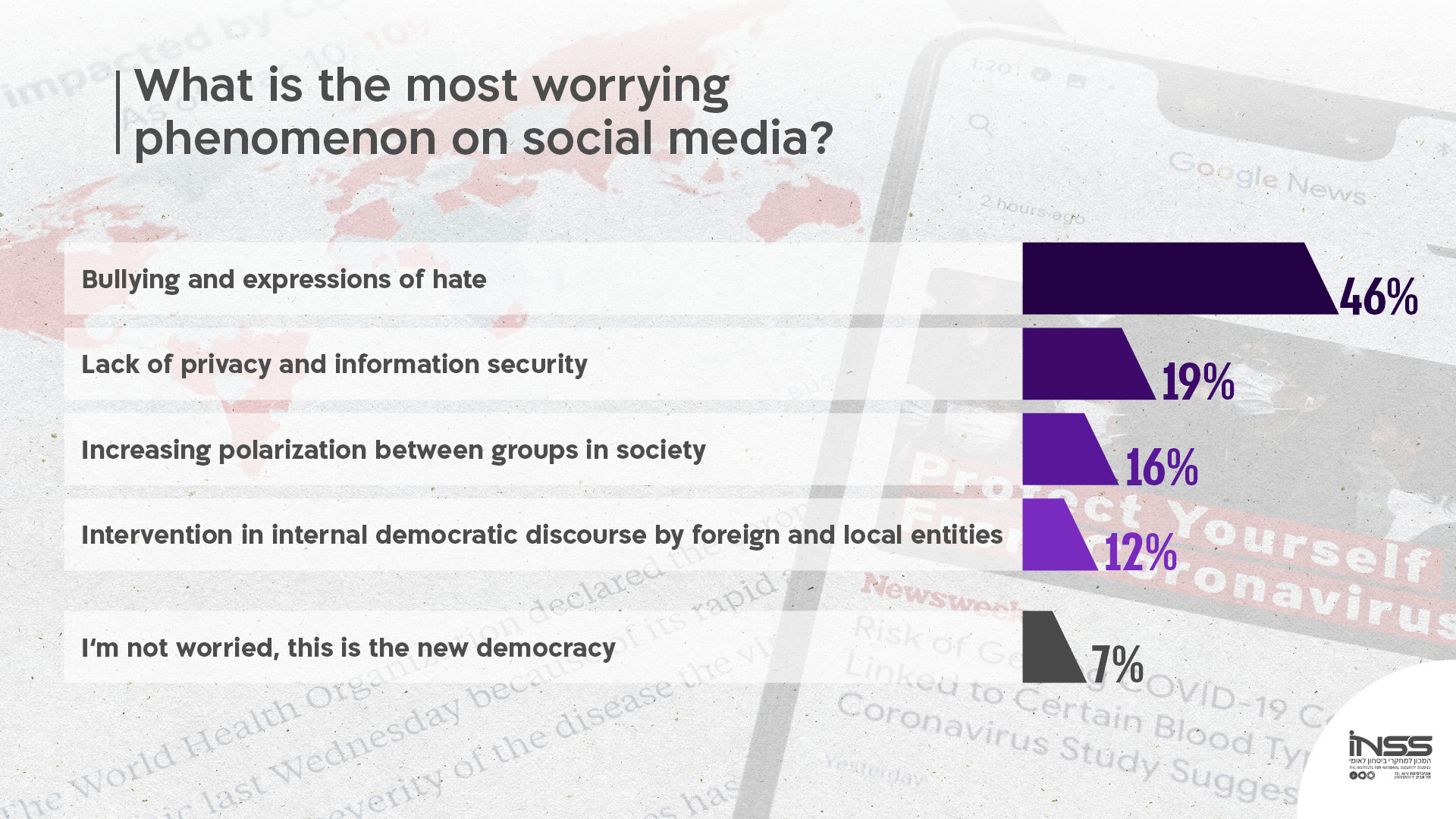
Figure 8: The most worrying phenomenon on social media, October 2021
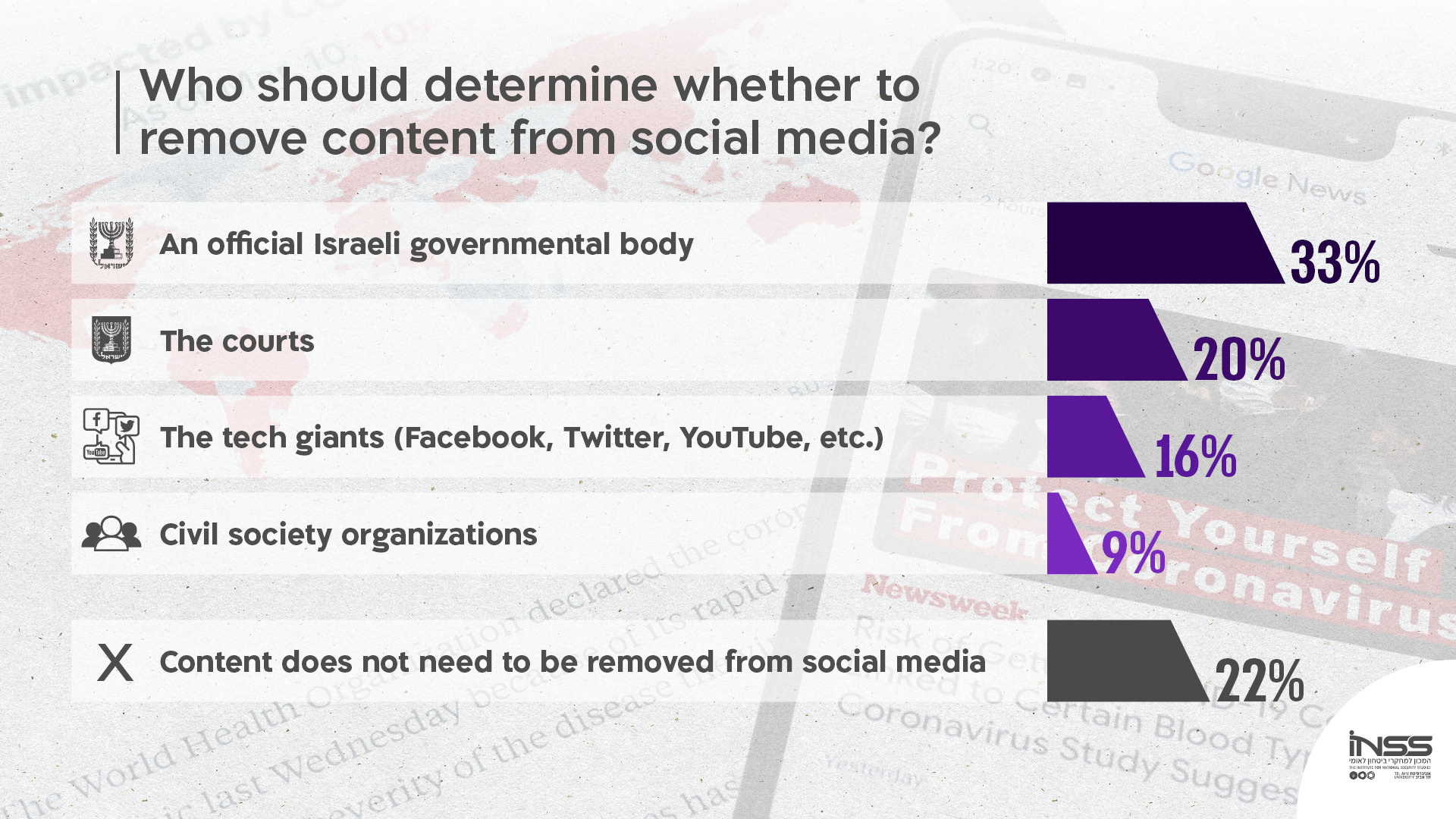
Figure 9: Who should decide whether to remove content from social media, October 2021
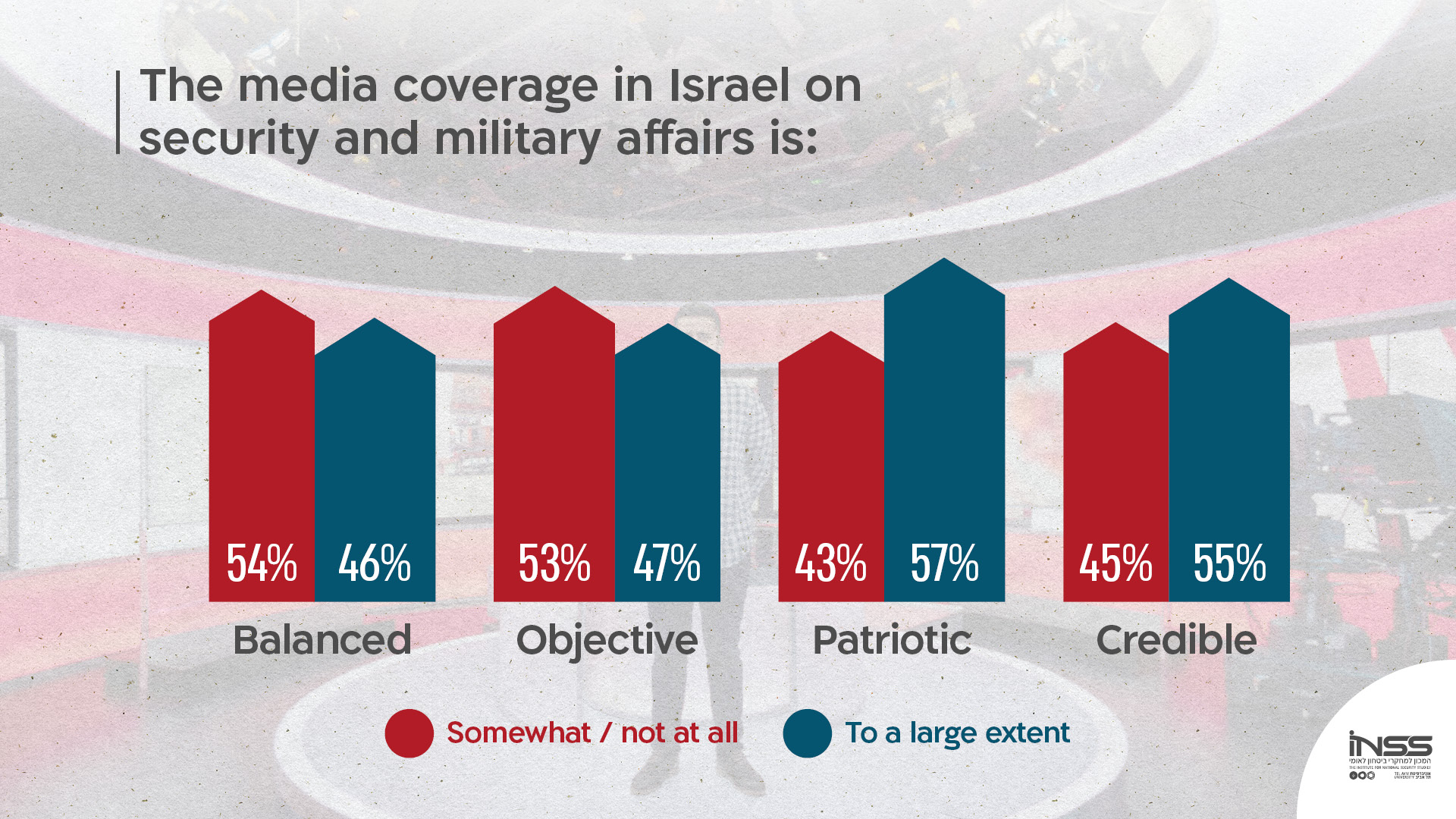
Figure 10: Media coverage in Israel on security and military affairs, October 2021
Whom Does the Public Believe?
In an era of information overload with the danger of disinformation and fake news, about half of the public stated that their ability to understand the reality has been harmed by fake news (Figure 11). It is possible that this feeling is related to the phenomenon evidenced in the current study, whereby the public is looking for an institutional anchor when it comes to facts and information that it considers reliable. The study shows that the public prefers institutional sources. The sources that received the highest confidence regarding information and facts on security and military affairs were the IDF Spokesperson's Unit, official security bodies, and professional experts (Figure 12). In other words, Israelis prefer institutional sources that provide them with facts. Is this because it is in the context of the military and security, the public has confidence in the security bodies? It seems that Israelis are ultimately looking for the official stamp – including on issues that are not military, as can be learned from the response to the question on COVID-19 vaccinations. The elements that had the most influence on the public's positions on vaccinations were the appearance of professional experts in the media and explanatory information from the Ministry of Health (Figure 13), and this apparently also influenced the public's perception of the vaccinations – 87 percent of the public was in favor of vaccinations, with only 13 percent opposed (Figure 14).
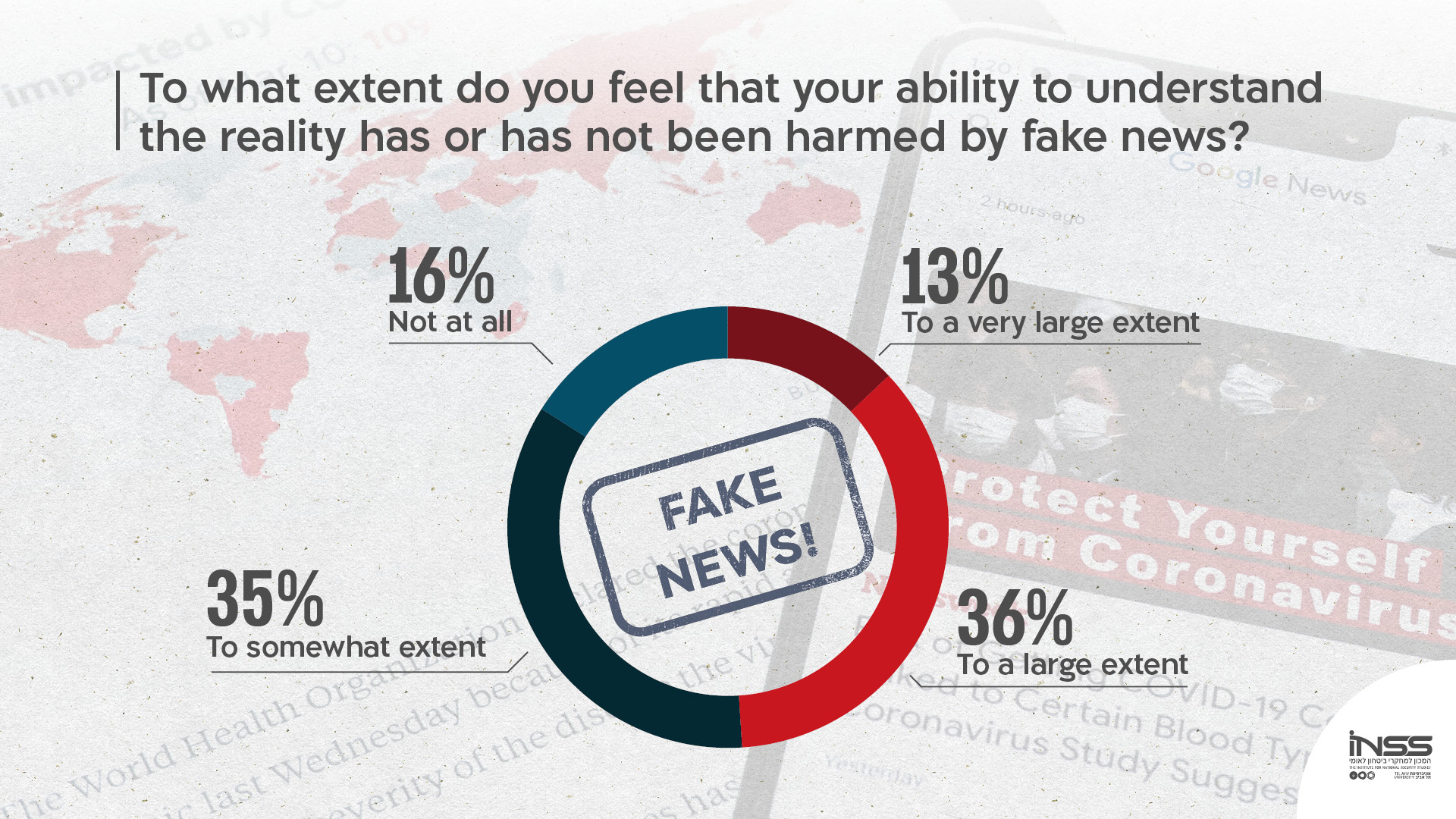
Figure 11: Level of harm to understanding the reality due to fake news, October 2021
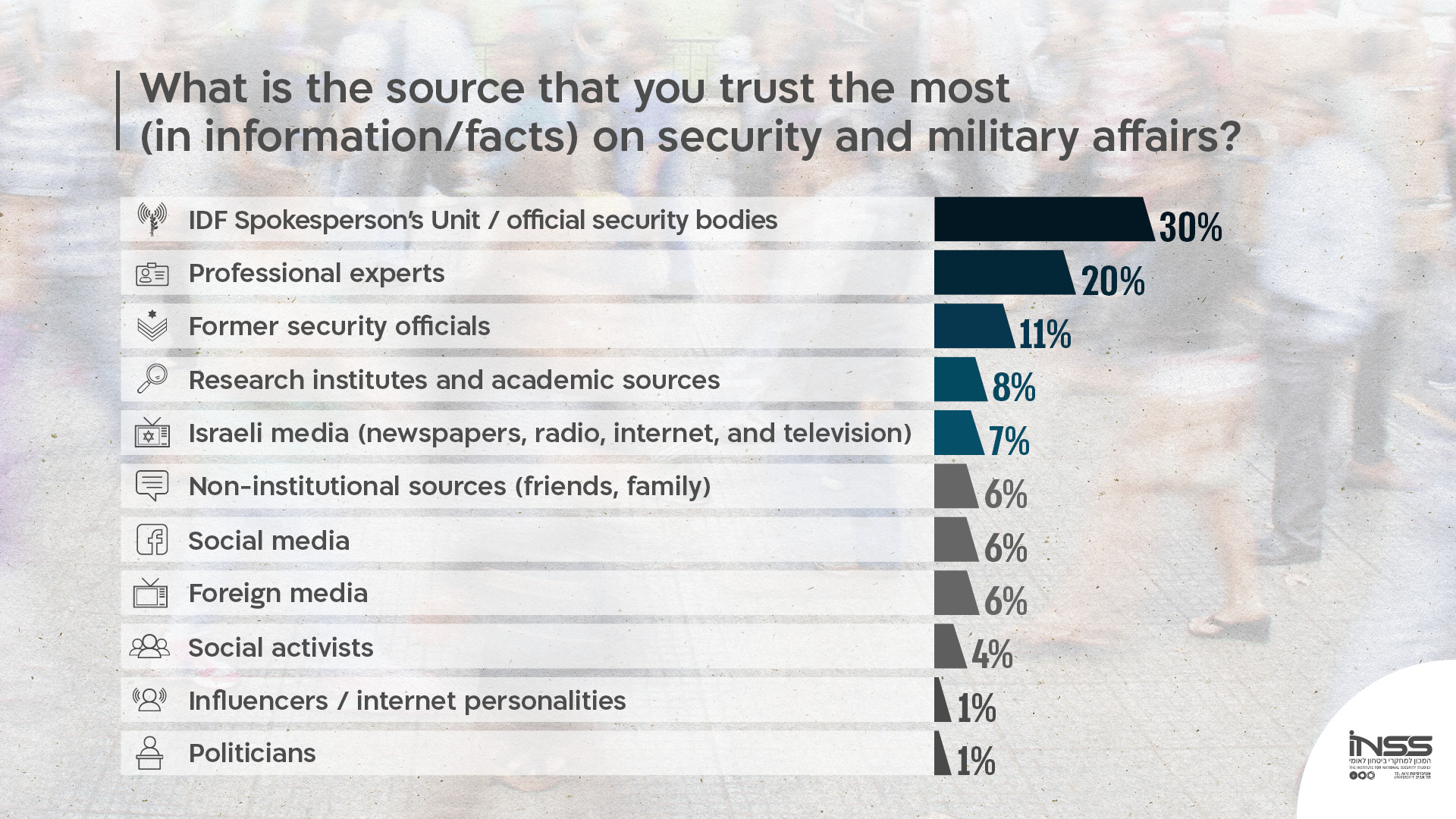
Figure 12: What is the source that you trust the most on security and military affairs? October 2021
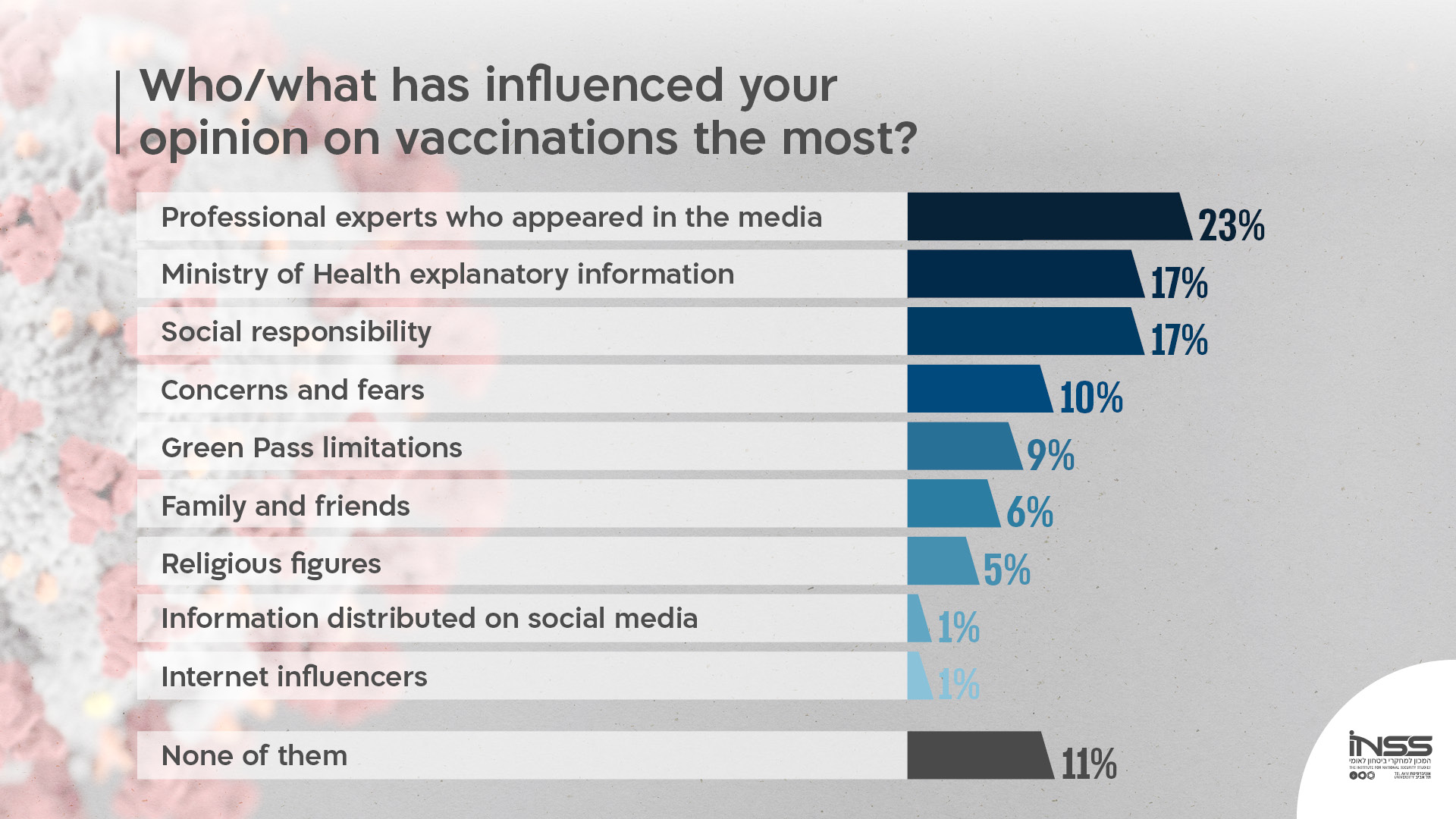
Figure 13: Who/what has had the most influence on your opinion on vaccinations? October 2021
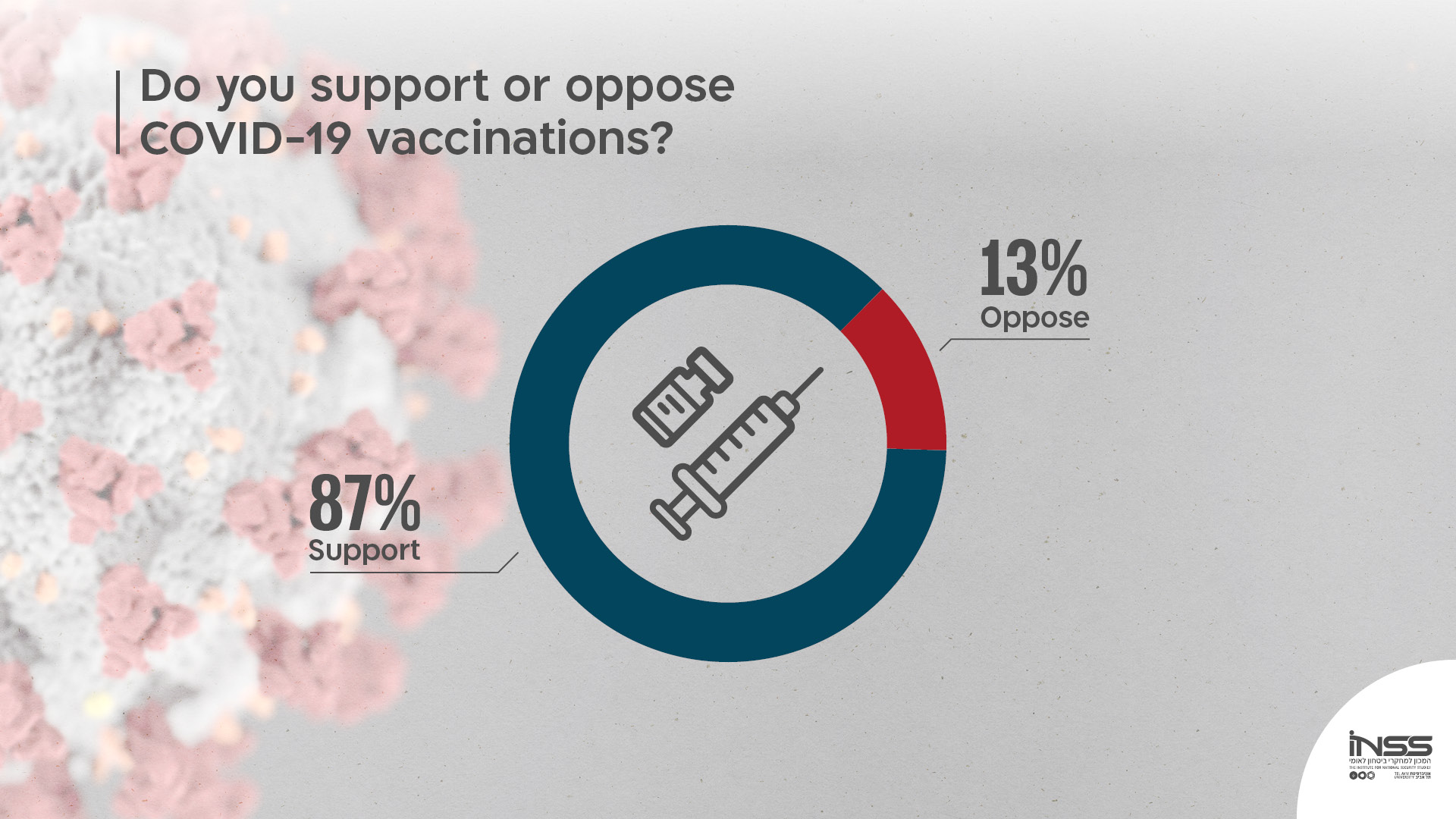
Figure 14: Support / opposition to COVID-19 vaccinations, October 2021
Finally, an interesting figure that indirectly relates to the public's support for the Israeli establishment is expressed in the public's willingness to take an active part in Israeli public diplomacy. The majority of the public expressed a willingness to actively support Israel's policy on social media during a military conflict (young people significantly more) (Figures 15-16). The explanations of those who were not willing to do so were instrumentalist: "I don't have the time and/or tools to be active on social media," "I don't think that my activity on social media will be beneficial / will contribute to the State of Israel's efforts," or "I don't have a special reason." Only a minority explained that it does not want to be "a soldier in Israel's public diplomacy army" and that it does not identify with Israel's policy.
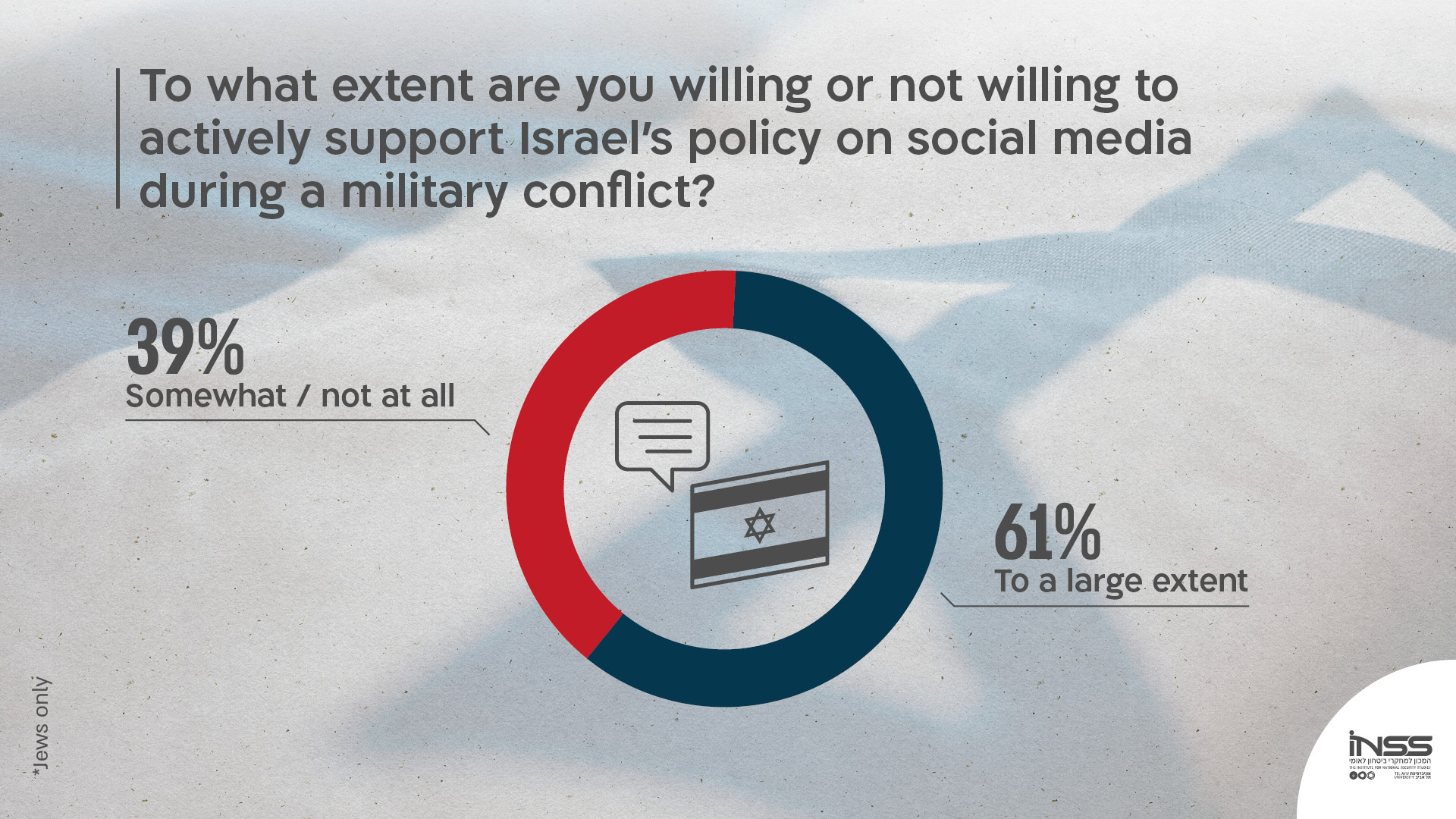
Figure 15: Level of willingness to actively support Israel's policy on social media during a military conflict, October 2021
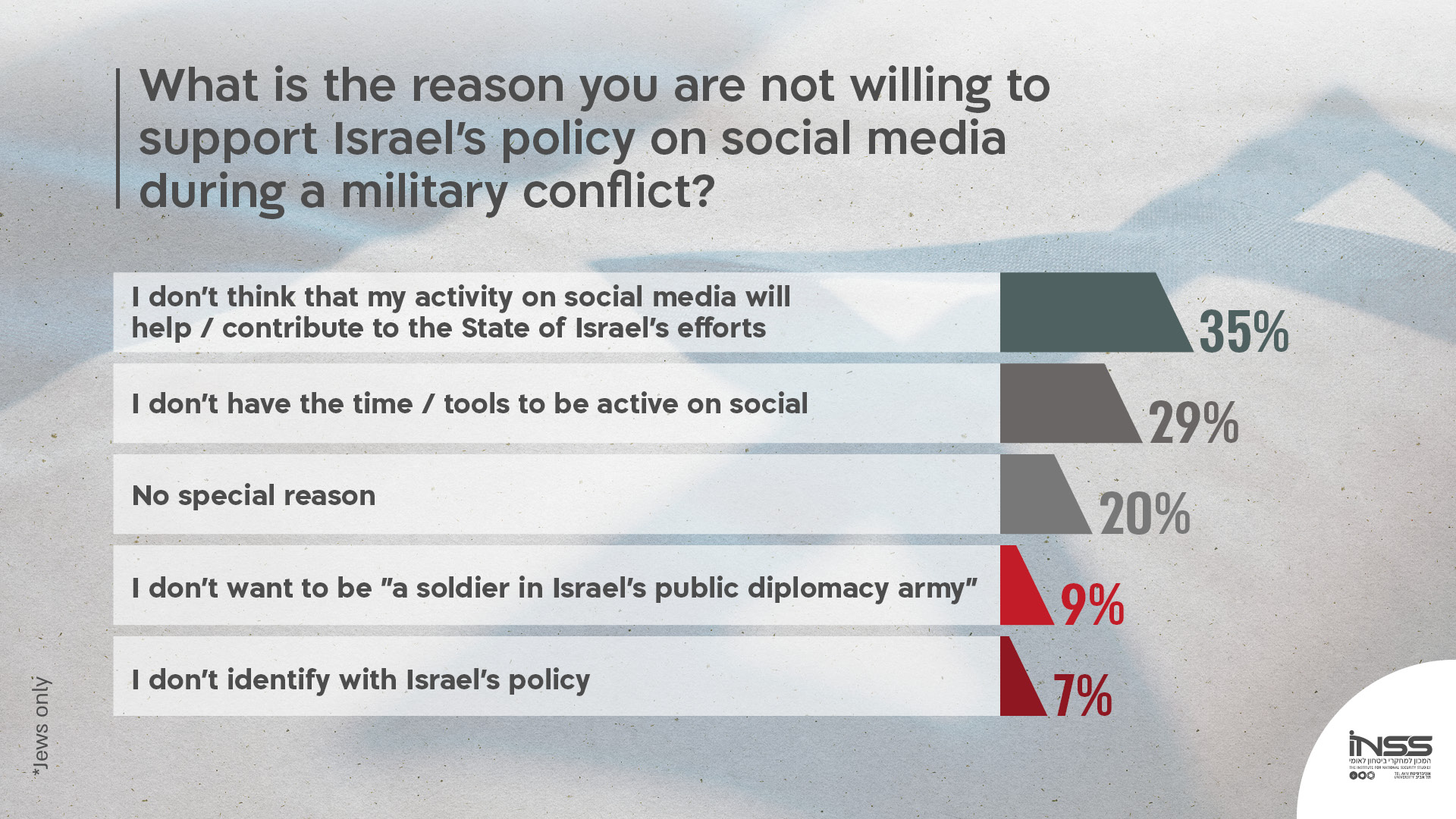
Figure 16: Reason for unwillingness to support Israel's policy on social media during a military conflict, October 2021
* The study was conducted in cooperation with the Midgam Institute.



